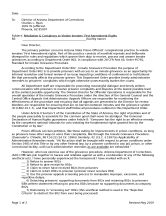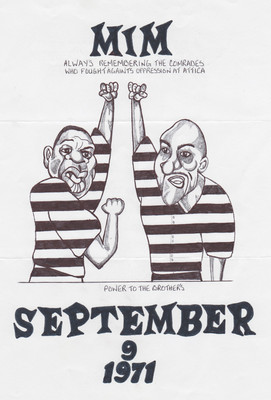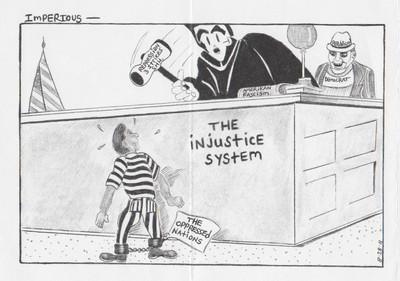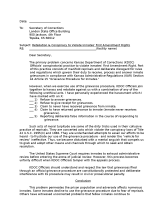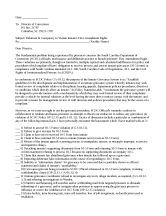
Basic Needs, Property Denied: Grievance Process Needed
I thought I’d share how it works up here in Ad-Seg. I trip on how I’ve been going at it since the end of September. I’m doing what I’m supposed to do, from request forms, to 22 [inmate request] forms, to 602 [inmate appeal] and no good results. The appeals here are quick to catch a mistake and return it. First off, I am not a lawyer, second I’m a CCCMS mental health prisoner. But that does not mean anything here.
Anyhow, I wrote Sacramento, letting them know that I never wanted to do a 602 but it concerns my back brace and prescription glasses. And they’re in my property at the property room. I had to pay for those 2 items in state and I needed them so I was OK with that. Now I’m just asking for what’s mine and it’s a need. I use a cane and have a vest. I bought some glasses from another prisoner who wanted hygiene, but I’m not supposed to do that.
Nobody listens here and the 602 process is meaningless. I don’t know what else to do.
MIM(Prisons) responds: California was where the demand for grievances to be addressed began five years ago. It has since been taken up by comrades in a dozen other states. The focus is on petitioning state and federal officials responsible for the care of prisoners. In doing so, comrades are attempting to rally prisoners together as a group to defend their basic rights, like the ones the writer above describes; basic medical care and property rights.
But there are reasons why the arms of the injustice system are so unaccountable. Their central task is to control certain populations, and they must be given leeway to achieve that task. If their task was about justice, then obviously injustices like the ones above would not be tolerated. So we must rally together to ensure the rights of all are respected. Yet, ultimately, we must build a system that serves the interests of those who are oppressed and exploited by the current imperialist system that dominates our world. Petitions will not prevent these ongoing abuses.








